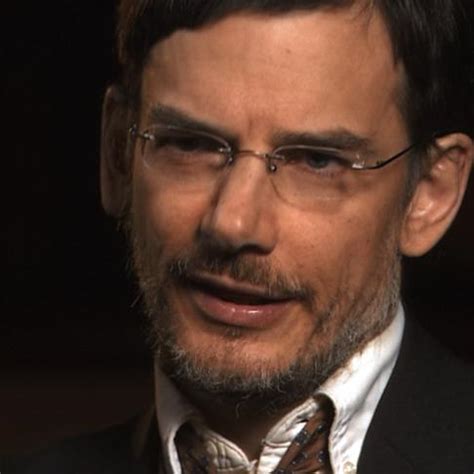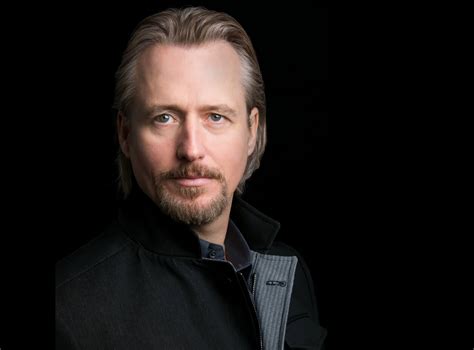A Quote by Sidney Hook
Nonetheless, it still remains true that as a set of cognitive beliefs, religious doctrines constitute a speculative hypothesis of an extremely low order of probability.
Related Quotes
It is taboo in our society to criticize a persons religious faith... these taboos are offensive, deeply unreasonable, but worse than that, they are getting people killed. This is really my concern. My concern is that our religions, the diversity of our religious doctrines, is going to get us killed. I'm worried that our religious discourse- our religious beliefs are ultimately incompatible with civilization.
[Coining phrase "null hypothesis"] In relation to any experiment we may speak of this hypothesis as the "null hypothesis," and it should be noted that the null hypothesis is never proved or established, but is possibly disproved, in the course of experimentation. Every experiment may be said to exist only in order to give the facts a chance of disproving the null hypothesis.
According to theism, if a universe is to have any probability of existing, this probability is dependent upon God's beliefs, desires and creative acts. But the Hartle-Hawking probability is not dependent on any supernatural considerations; Hartle and Hawking do not sum over anything supernatural in their path integral derivation of the probability amplitude.
The brain is a stubborn organ. Once its primary set of beliefs has been established, the brain finds it difficult to integrate opposing ideas and beliefs. This has profound consequences for individuals and society and helps to explain why some people cannot abandon destructive beliefs, be they religious, political or psychological.
All my life I have made it a rule never to permit a religious man or woman take for granted that his or her religious beliefs deserved more consideration than non-religious beliefs or anti-religious ones. I never agree with that foolish statement that I ought to respect the views of others when I believe them to be wrong.
Become aware of your beliefs and automatic default settings. Bring them into the light of your present, adult knowledge. Gently acknowledge that they are what they are. Then accept that they constitute what you've believed until now, and that you can transform them into beliefs that allow you to fully express who you really are. Without judgment, patiently begin working to change subconscious and limiting beliefs into true expressions of your authentic self.
What I argue is that talk of knowledge plays an important role in theories within cognitive ethology. The idea is this. First, one sees cognitive ethologists arguing that we need to attribute propositional attitudes to some animals in order to explain the sophistication of their cognitive achievements.
I'm a New Yorker. I'm liberal and open-minded. Things don't really shock me. But I was reading the second-act today and thinking that if you're religious, you could be. But you shouldn't be! You can be extremely religious and have your faith and still be open-minded to art. Because this is art. That's part of the excitement. It literally is "The Jerry Springer Show" on-stage set to beautiful operatic music. That's what's so incredible about it!









































